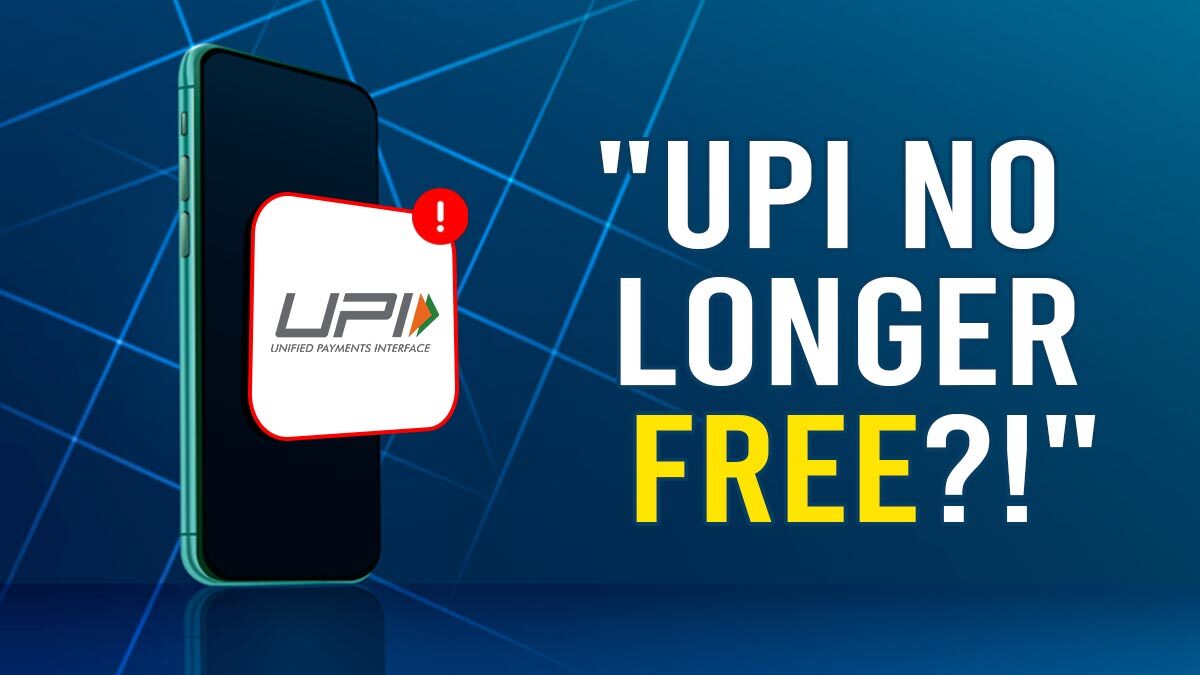Starting from April 1, the National Payments Corporation of India (NPCI) has implemented interchange fees of up to 1.1 percent for prepaid payment instruments used in merchant UPI transactions. The fee, ranging from 0.5 percent and based on the merchant category code, will be charged for UPI payments exceeding ₹2,000 made to online merchants, large merchants, and small offline merchants.

Buy Prime Test Series for all Banking, SSC, Insurance & other exams
Need of The Interchange fee:
- The purpose of imposing an interchange fee is to compensate for the expenses incurred by payment service providers in handling, verifying, and approving transactions.
- Consequently, this fee increase is anticipated to result in higher transaction costs.
- Wallet issuers such as banks receive payment from payment service providers in the form of interchange fees.
- These wallets are primarily utilized for online transactions, such as those facilitated by Paytm, PhonePe, and Google Pay.
About National Payments Corporation of India (NPCI):
- Under the ‘Payment and Settlement Systems Act, 2007,’ the Reserve Bank of India (RBI) and the Indian Banks’ Association (IBA) jointly established the National Payments Corporation of India (NPCI) as an umbrella organization responsible for operating retail payment and settlement systems in India.
- This non-profit company operates under the regulations of Section 25 of the Companies Act 1956, as amended in 2013.
- Its primary aim is to provide both physical and electronic payment infrastructure to India’s entire banking system.




 Legendary Bengali Author Shankar Passes ...
Legendary Bengali Author Shankar Passes ...
 List of Dadasaheb Phalke Award Winners f...
List of Dadasaheb Phalke Award Winners f...
 Which Dance Form is known as the Ballad ...
Which Dance Form is known as the Ballad ...








